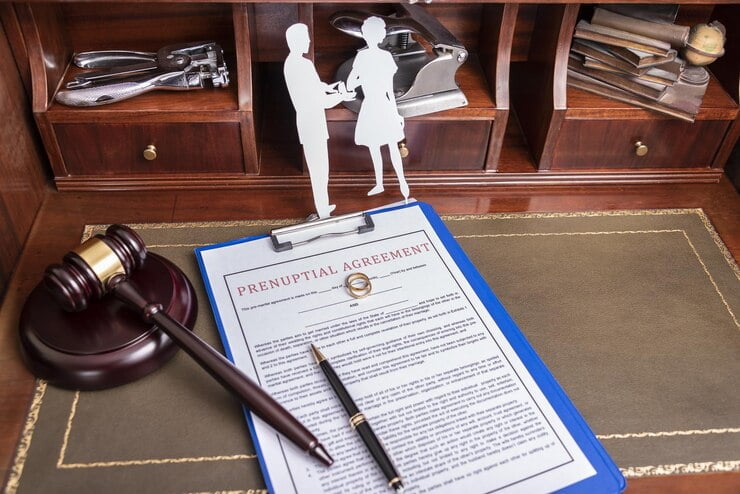Divorce Settlements In The UK: How Is Everything Split?
by Abdul Aziz Mondal Legal 29 July 2022

Worries around how it will affect family, children, and friends are matched only by concerns around ensuring the couple’s assets are divided properly and fairly.
Many will assume that both parties will get half of the combined assets, and it is true that in the UK, a specific aim is to achieve a 50/50 split.
However, as we all know, these things are not always straightforward. There are instances and circumstances where one party will receive a more significant proportion of the marital assets than the other. The dividing up of assets can be stressful, to say the least, especially where there are complications.
It is essential for both parties considering divorce first to sit down and consider all aspects of your finances, joint, and individual. Plus, any property and material assets that may be owned jointly should be considered.
Where there are children involved whose care must be decided upon, advice must be taken from a solicitor specializing in all aspects of divorce, such as O’Donnell Solicitors. They can guide you through this legal and emotional minefield.
What Are You Entitled To In A Divorce?

The division of marital assets is always dependent on the consideration of the circumstances of both parties.
To clarify – matrimonial assets are what is acquired by both or either of the parties while married or with income earned while married.
Usually, this is property, including the family home and other real estate properties, vehicles, and pensions. Finances include savings accounts and banked cash plus stocks and investments. Businesses may also be included for consideration.
Non-matrimonial assets will typically be excluded from a divorce settlement. These include anything bought using non-matrimonial funds or owned by either party before the marriage.
How Are Assets Divided?

If there are no complications and both parties are agreed, then the aim is for a straight 50/50 split. Still, UK courts must look at factors contained within the Matrimonial Causes Act 1973 and the Civil Partnership Act 2004 when looking at the division of assets.
The income and financial needs, along with each party and family’s standard of living, are considered. For example, this will be regarded as if one party has a higher earning potential than the other.
Income, future financial responsibilities, and contributions to the welfare of the marriage will all be looked at by the courts.
What Circumstances do Will Negate A 50/50 Settlement?

In an ideal world, each party should strive to be self-reliant and independent with their income post-divorce.
However, this is not always possible, for instance, where there are childcare, healthcare, or other limits to earning capacity. In such cases, the court will intervene and rule in the settlement and splitting of assets.
Adultery is not usually considered by the courts when deciding on a financial settlement or division of assets unless, in some instances, a third party has taken on the economic ‘needs’ of the divorced party.
If either party has exhibited ‘severe conduct’ throughout the marriage, which would be unfair to disregard, for instance, domestic abuse cases, this will be considered.
Agreed On A Settlement Between You?

Even if both parties have mutually agreed on a financial settlement and division of assets, it is always advisable to have a lawyer run over the terms of your agreement first because there are several legal issues you may not have thought of, such as the future value of your pensions.
And as an informal settlement is not legally valid, future claims on your assets could be made. A legally binding consent order drafted by a solicitor and signed by both parties costs only £50.
Additionals:



































































































